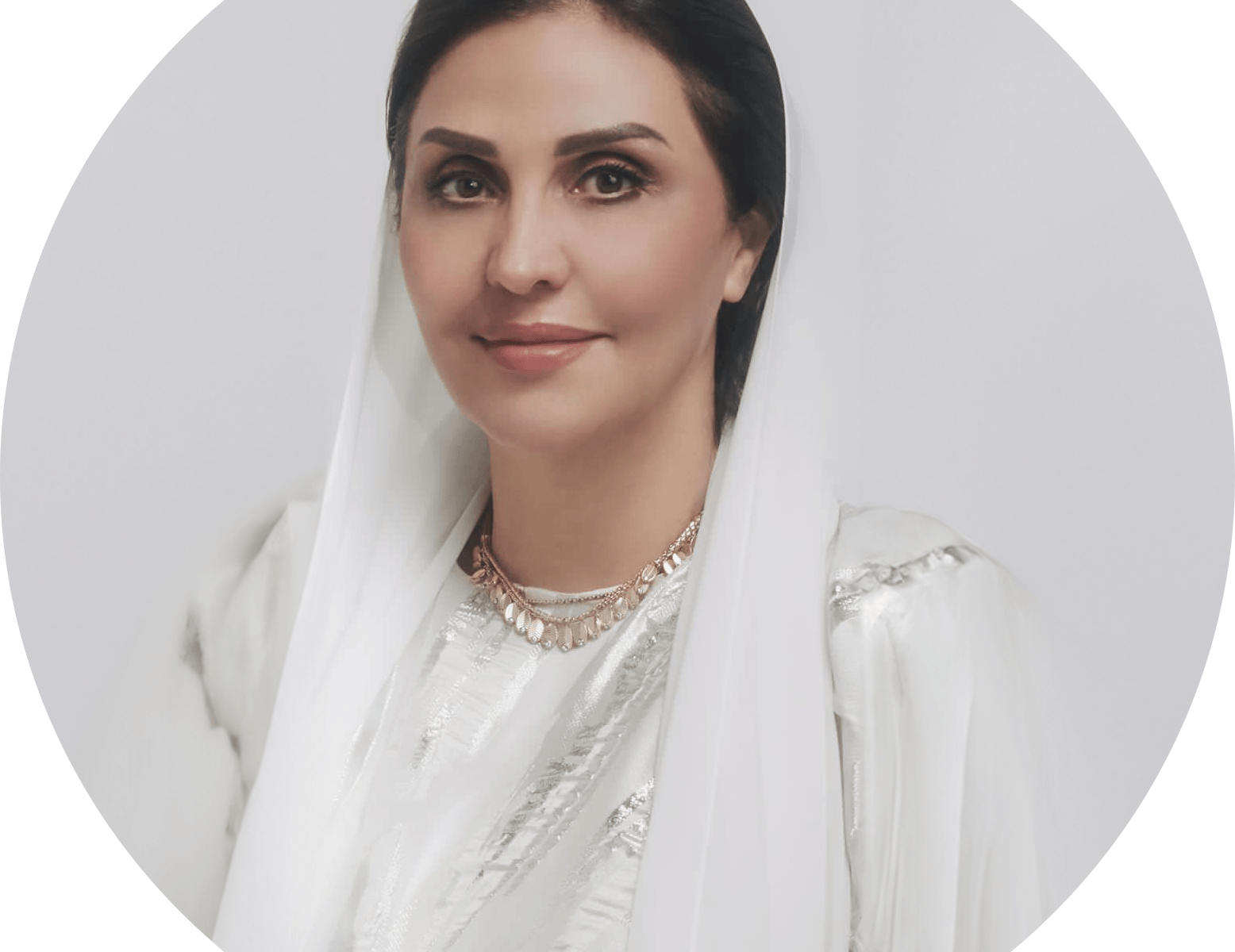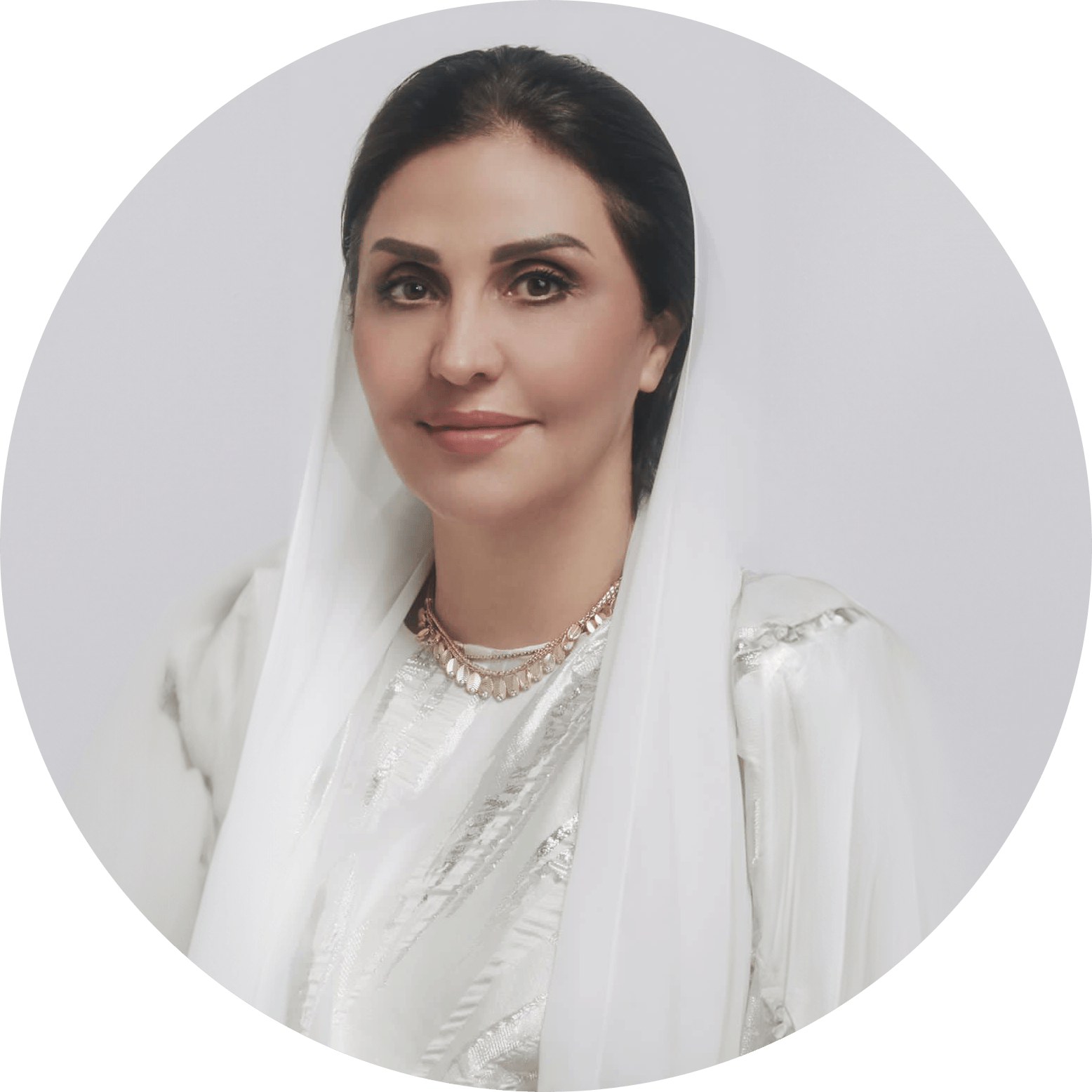Legal Landscapes: Diana Hamade, Diana Hamade Attorneys at Law
Navigating the complex landscape of family law in the UAE requires a deep understanding of its dual legal system, influenced by both civil law and Sharia. This video highlights critical insights for clients, from knowing the jurisdiction to embracing amicable settlements, particularly for the welfare of children. With evolving legal frameworks, there are both opportunities and challenges, especially for non-Muslims. Diana Hamade’s practice is at the forefront, offering comprehensive legal support, cross-border expertise, and innovative use of technology to ensure client satisfaction. The UAE is emerging as a hub for international family law disputes, driven by progressive legal advancements and efficient litigation processes.
Key Takeaways from Video
Current Legal Landscape:
The UAE operates a dual family law system, with a mix of civil law (influenced by French law) and Sharia. Courts have separate circuits for Muslims and non-Muslims, except in Abu Dhabi, which has a Family Civil Court for expatriates from non-religious law states.
Advice for Clients:
Jurisdiction: Understand where the relevant jurisdiction applies before starting legal action to avoid conflicts.
Amicable Settlements: Lawyers recommend settling family law cases amicably, especially for the sake of children.
Planning for the Future: Explore options for succession planning, prenups, postnups, and other tools early.
Threats and Opportunities in Family Law:
Threats: Gaps in newly introduced UAE family law need addressing to ensure clarity, especially for non-Muslims.
Opportunities: The UAE is becoming a hub for international family law disputes and civil marriages due to advancements in law and efficient litigation.
Client Satisfaction:
Diana Hamade’s practice provides full-service legal support, including litigation, cross-border expertise, and client communication through multiple channels to ensure high satisfaction.
Technological Advancements:
UAE courts use advanced online systems for registration, submissions, and hearings. The firm trains clients to navigate these systems for a seamless experience. The firm uses an integrated management system to enhance productivity and track case progress in real-time, streamlining internal processes and resource allocation.
Full transcript
What is the current legal landscape for Family Law in your jurisdiction?
The UAE has a dual legal system for the family law. As far as legislation is concerned, we have a law based on civil law which is mostly French and another which is a hybrid between civil law and Sharia. Family law in the UAE is demographically orchestrated based on Muslims and non-Muslims, yet the judicial system is not as separate.
So, the courts that address family law, namely the personal status quotes of the UAE on a federal level have a circuit for Muslims and a circuit for non-Muslims. Except in Abu Dhabi, where a new court was set up, namely Family Civil Court that is catered for expatriates of states where no religious laws are applied. And for the non-Muslims.
What are three essential pieces of advice for clients related to Family Law?
The three tips, firstly, check your jurisdiction. It's very important that clients are aware of where the relevant jurisdiction lies, and they have to seek it first before they just get into a jurisdiction conflict. Now. Secondly, always try to settle amicably. That is an advice of a lawyer. I always find it important, if not necessary, to find a way to compromise a family law cases for the sake of family and children, especially when they're involved in a case.
Last but not least, look to the future and discover your options as early as possible in terms of succession planning, marriage planning, a marriage planning even to remain in a marriage. So it's mighty for clients to determine their best course of action to ensure that their prenups post ups weighs even other structures of inheritance and succession planning where foundations, trusts are concerned and whether these are the real tools that you need to utilise to accomplish this.
What are the greatest threats and opportunities in Family law in the next 12 months?
I suppose one of the threats in family loan in the UAE in the near future would be the gaps that are still pending in the laws. The newly introduced laws.
Some of these UAE family law legislations are relatively new and they are, and their gaps need to be filled to ensure clarity and alignment with the existing laws. At this point, the Muslim person status law is the default and is used to develop and fill the gaps.
However, in the future there is certainly room left for development and progress to ensure that UAE laws are complete as far as non-Muslim personal status laws which would also have to consider best practices.
The greatest opportunity that we are seeing in the UAE is that it is becoming the new hub for international family law disputes and civil marriages worldwide. The advancement in the law and the speed in litigation are making this jurisdiction a goal too.
How do you ensure high client satisfaction levels are maintained by your practice?
Our niche practice which I call I like to call the niche practice is based on a full-service firm in terms of courts and laws in the UAE. We are the consultants and the litigators in addition to a cross-border expert evidence team and practise lawyers which provides UAE law expert opinions before international forums. I personally ensure that my clients are served by a specialised, knowledgeable and dedicated team to ensure that all our clients are looked after throughout their entire engagement with us. Myself and my team are always ready to communicate with clients and answer their questions at any point, whether that is my e-mail, my WhatsApp, my phone call, whatever it be.
What technological advancements are reshaping Family law, and how can clients leverage them?
Technological advancements have already been there as far as the UAE is concerned. So as lawyers in Dubai, we were dealing already with Dubai Courts and DIFC Courts where both had their own advanced technology technologically systems. So, the course system in the UAE includes several online aspects ranging from online registration submissions, hearings online, thanks to Covid-19, of course, and online notary services. We think recently we work with our clients on a smooth access, but we actually train our clients to be able to use the system as well as we use it in order for them to be able to have that access to the system, to meet the conciliators, to meet the judges, to meet the notaries.
So, we take them into the technological system by hand to make sure that they are well prepped for that. The idea here is that the technological system also and the advancement has already made the core system so efficient and so fast track. So, we were the only jurisdiction worldwide almost that didn't even have a backlog after Covid-19. So, you can only imagine how technologically we are ahead of many jurisdictions.
Now further to that, our firm utilises an integrated management system that facilitates real time tracking of climate matters, case progress, available hours and this technological solution significantly enhances our internal productive steam, streamlining workflow and optimising of our resource allocation.

